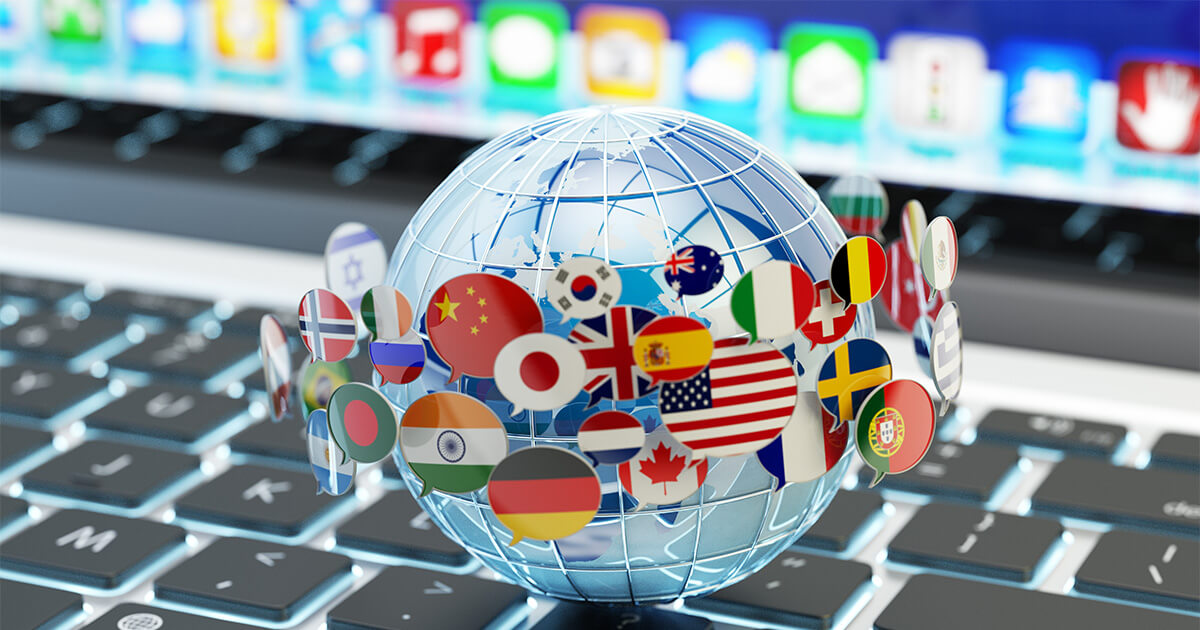- admin
- Cultural Sensitivity, Ethical Translation, Human Translators, Language Services, Professional Translation
- 0 Comments
- 1227 Views
As technology advances, the question arises: What’s the future of human translators? Despite the rise of machine translation, human translators remain indispensable. Here’s why:
1. Understanding Nuances:
Machines struggle with context and cultural subtleties. Human translators bring cultural insight and linguistic finesse to ensure accurate and nuanced translations.
2. Ensuring Quality:
While machines are fast, they can’t match human accuracy. Translators review and refine translations, ensuring quality and reliability, especially in technical or specialized content.
3. Cultural Sensitivity:
Language is intertwined with culture. Human translators navigate cultural intricacies, ensuring translations resonate with the intended audience and respect cultural norms.
4. Creative Adaptation:
Translation isn’t just about words—it’s about conveying meaning. Human translators creatively adapt content, capturing nuances and maintaining the essence of the original message.
5. Upholding Ethics:
In sensitive contexts, human translators uphold ethical standards and confidentiality, instilling trust and ensuring compliance with legal and regulatory requirements.
6. Facilitating Communication:
Beyond translation, human translators facilitate communication and collaboration in multilingual environments, driving cooperation and understanding across cultural boundaries.
In essence, while automation offers efficiency, human translators bring irreplaceable qualities like cultural insight, quality assurance, and ethical integrity to the table, enriching global communication in today’s automated world.



